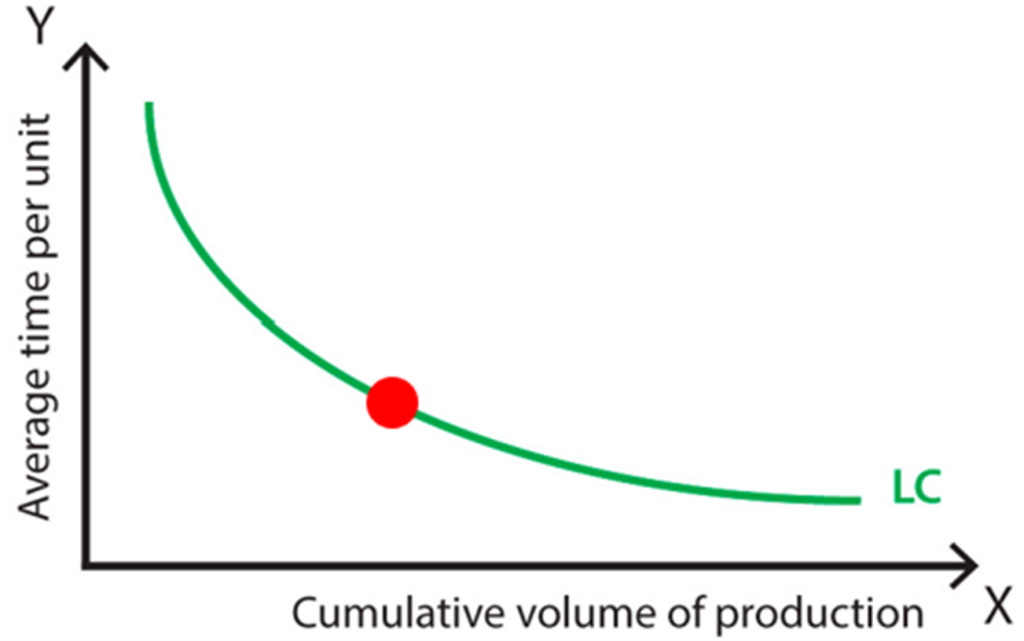Turnkey Reduces Cycle Time by 50%
By Melroy Machado, Director of Operations, Pivotal Turnkey
Pivot Commware introduced Pivotal Turnkey service in 2022 so mobile network operators (MNOs) could tap their mmWave spectrum capacity to provide broadband service to multi-dwelling units (MDUs). Pivotal Turnkey service designs, deploys and manages Pivot 5G repeater networks which, deployed in conjunction with existing gNBs, reach more subscribers at less cost than deploying gNBs alone. Pivotal Turnkey helps MNOs deploy fixed wireless access (FWA) faster and more cost-effectively than traditional gNB deployments. This blog describes how Pivotal is trying to deploy repeater networks even faster.
Economics, Capacity and mmWave
FWA using sub-6 GHz spectrum has generated significant new revenue since 2021 for MNOs at the expense of the cable industry. This should be no surprise given research by Nokia in 2020 showing that consumers would be willing to switch providers to get FWA if it delivered the same or better performance1. Consumers are enjoying better service and more choice among service providers.
MNOs, meanwhile, are taking steps to make FWA a sustainable business. FWA subscribers generate less revenue than mobile subscribers, so MNOs want to migrate them to lower cost mmWave spectrum. In addition, FWA subscribers consume forty times more data per month than mobile subscribers2, and sub-6 GHz has one-tenth the spectrum capacity of mmWave. For capacity reasons, MNOs typically avoid serving MDUs with sub-6 GHz spectrum.
Turnkey Leads on the Learning Curve
 As FWA has grown in popularity around the world, MNO concern about network capacity has generated more interest in deploying mmWave networks, and in Pivotal Turnkey’s position on the learning curve (LC). The units at right refer to Pivots mounted on street furniture, keeping in mind that each installation is preceded by design, field survey and permitting phases, and followed by validation.
As FWA has grown in popularity around the world, MNO concern about network capacity has generated more interest in deploying mmWave networks, and in Pivotal Turnkey’s position on the learning curve (LC). The units at right refer to Pivots mounted on street furniture, keeping in mind that each installation is preceded by design, field survey and permitting phases, and followed by validation.
Since 2022 Pivotal Turnkey has, through experience launching Houston, Indianapolis, Atlanta and, most recently, Los Angeles, reduced its per unit cycle time by 50%, with its sights set on another 10-20% reduction.
Aside from access to the world-leading mmWave product ecosystem (cloud-based network planning and system management along with uniquely low cost, size, weight and power consuming repeater hardware), these reductions have resulted from several improvements:
- Design: New WaveScape network planning features such as MDU Optimizer™, 3D visualization and bulk optimization can model more MDUs better and faster, using fewer resources.
- Field Survey: Streamlined to acquire all necessary information in one site visit for final designs and permitting documents.
- Permitting: City officials can view Pivots in a virtual reality setting to envision them in a variety of real-life settings and from a range of perspectives. This way, the Pivot 5G often avoids the “shroud” that cities require higher profile equipment makers to use. Plus, as jurisdictions become more familiar with Pivotal Turnkey applications, permitting processes are further streamlined.
- Installation: Reduced to less than 90 minutes.
- Validation: Reduced to half a day.
Time on the learning curve has allowed Pivotal Turnkey to benefit from:
- Increasingly effective deployment partnerships that have, for example, yielded agreements to utilize street furniture across the United States.
- A growing reputation among municipalities for using nearly 100% of existing infrastructure, obviating the need to replace or require new poles, and for acquiring an IoT equipment designation instead of a small cell designation due to the Pivot’s small size, low weight and low power consumption.
Going International
Recent international pilots where Pivotal has demonstrated its technological and process experience have resulted in serious inquiries about Pivotal Turnkey. Pivotal understands that effective deployment partnerships have been key to Pivotal Turnkey’s success because every jurisdiction has different civil engineering, permitting and construction processes. Pivotal is no stranger to these obstacles.
1“Nokia: New Research Highlights 5G Fixed Wireless Access Opportunity for Mobile Operators,” press release, 2020.
2Spectrum prices per MHz-PoP: $0.01 for mmWave, Auction 103 (2020) and $1.10 per MHz-PoP for C-Band, Auction 107 (2021). Average monthly revenue per subscriber for FWA is $0.10/GB vs. $4.36 for mobile. Monthly data consumer per subscriber is 500 GB for FWA vs., 11 GB for mobile. Sources: The Wall Street Journal, Qualcomm and GSA.

